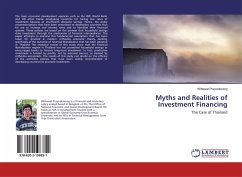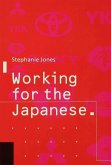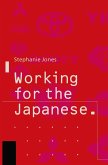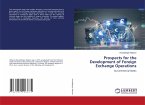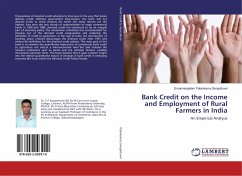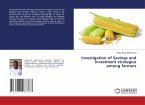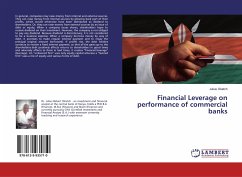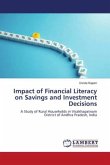The main economic development agencies such as the IMF, World Bank and UN often blame developing countries for having low rates of investment because of insufficient domestic savings. Hence, the policy recommendations that have been prescribed to developing countries thus far are to increase real interest rates and to liberalize their financial systems. These policies are based on the premise that household savings drive investment through the mechanism of financial intermediaries. This paper attempts to examine this fundamental assumption that has been taken for granted in modern orthodox economic theory, looking specifically at the outcome of financial liberalization that has been adopted in Thailand. The analytical results of this study show that the financial liberalization regime in Thailand has not promoted household savings or encouraged banks to finance long-term investment. In fact, productive investment is funded by profits, not by external sources, as claimed by orthodox economists. The results of this study cast doubt on the efficacy of the orthodox policies that have been widely recommended to developing countries to promote investment.
Bitte wählen Sie Ihr Anliegen aus.
Rechnungen
Retourenschein anfordern
Bestellstatus
Storno

